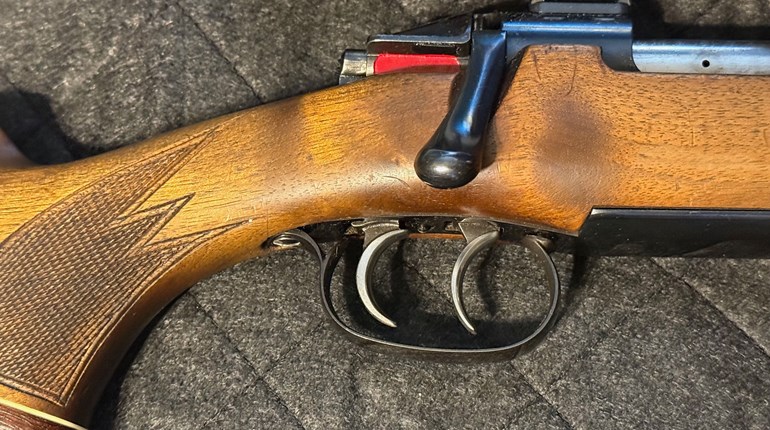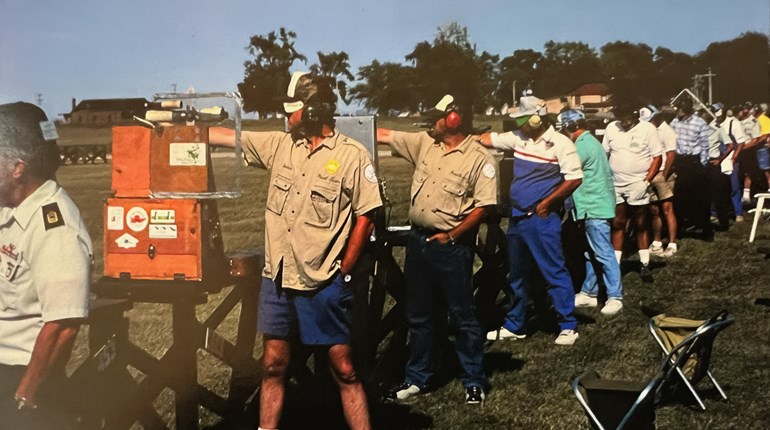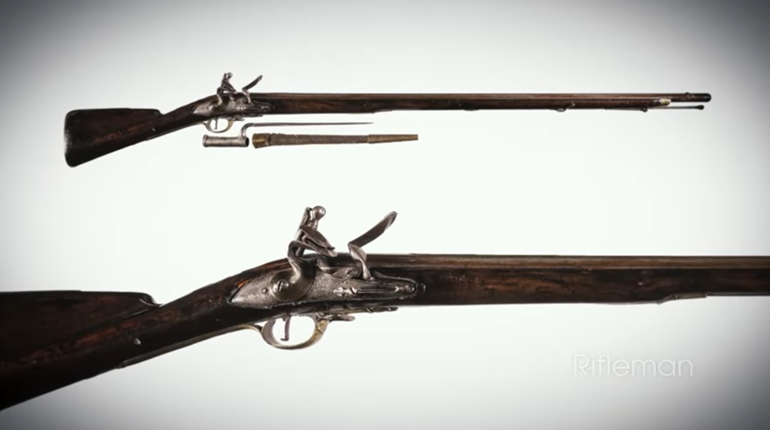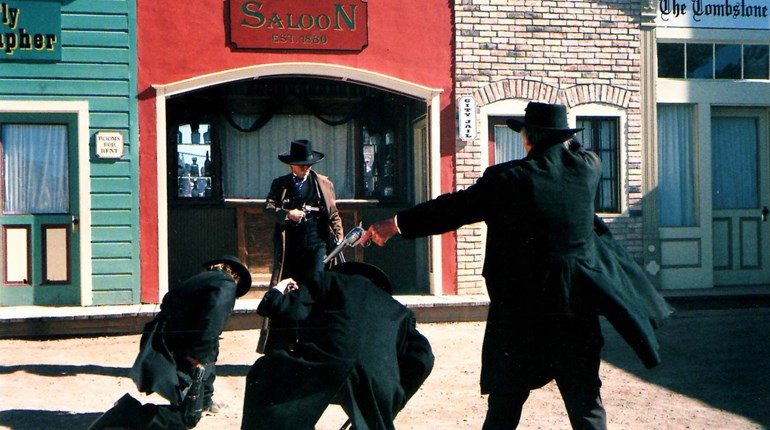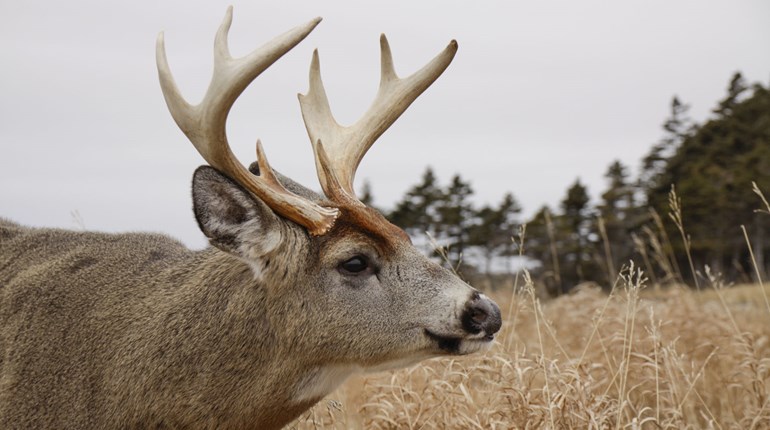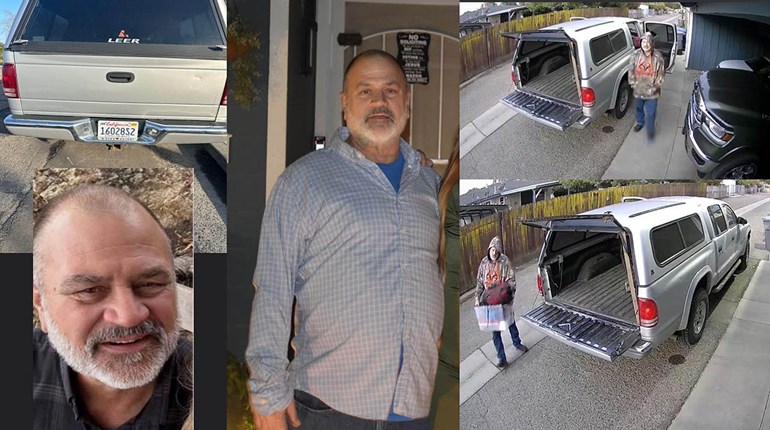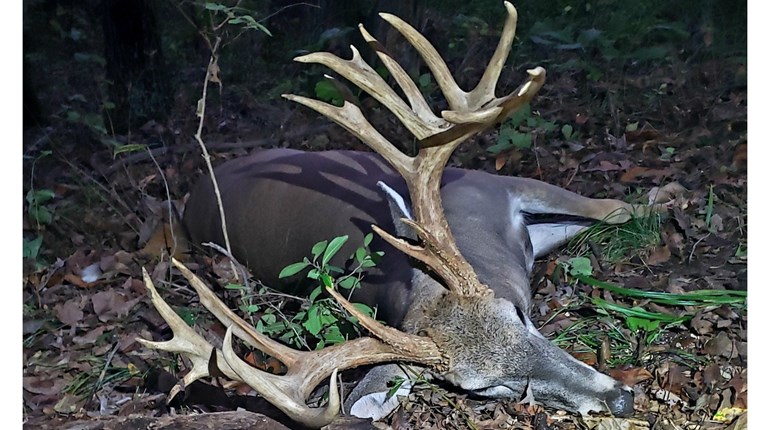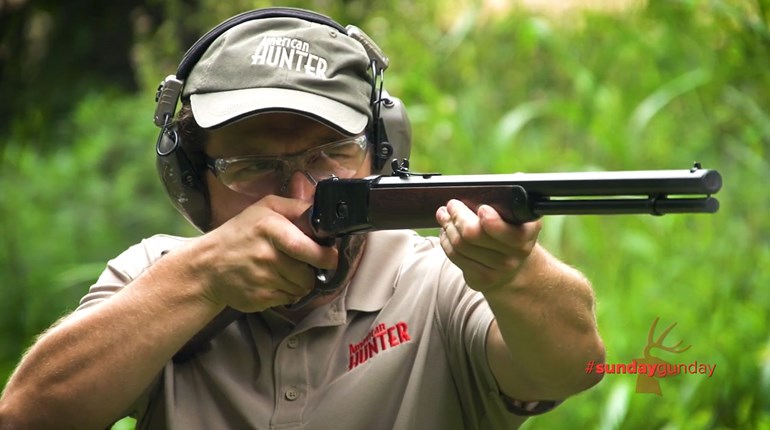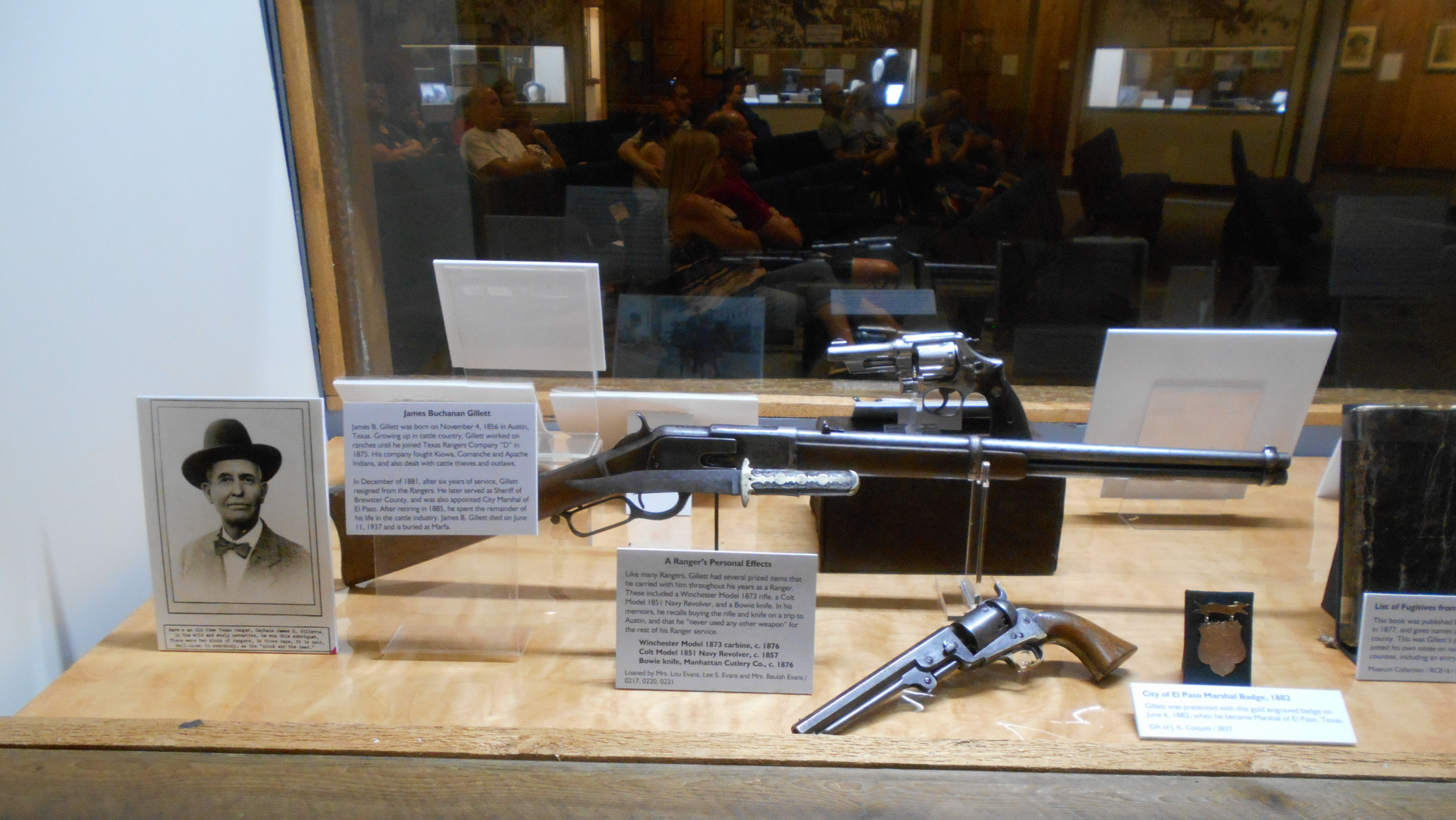
“Hard times create strong men,” they say. While there is certainly truth to this statement, the everyday lives of folks 160 years ago on the Texas frontier would probably seem unbearable to the majority of the population these days. Daily travel was done afoot or under horsepower ... actual horses. No electricity, no air conditioning, no refrigerator. Water was dipped from a stream or pulled from a hand-dug well.
People were tough because they had to be to survive. Then there were those who thrived in harsh conditions. Men who sought out adventure and the danger that oftentimes accompanies it. Many of these bravos joined an early-day military, later turned law enforcement, organization called the Texas Rangers. James Buchanan Gillett was a product of these times who desired a life of freedom, adventure and excitement from an early age.
Born in Austin, Texas in 1856, young J.B. Gillett earned a living hunting and fishing along the Colorado River and selling game and fish to town folks. In 1871 he was allowed to accompany his dad northwest of Austin to Brown County to receive some cattle. This trip into the frontier stoked a fire for adventure in the young man. A couple years later, he took to the wild country working as a cowboy, and in 1875 he became a Texas Ranger when he joined the Frontier Battalion under the command of Captain Dan Roberts.
These men signed up to patrol horseback for long periods of time over the raw frontier of Texas. Their duties included fighting hostile Indians, Mexican bandits and cut-throat outlaws who preyed on the citizenry of the Lone Star State. They carried minimal provisions, slept on the ground and hunted wild game for food and survival. During his six years as a ranger, Gillett estimated he rode some 10,000 miles horseback.
On December 1st of 1875 Gillett purchased his Winchester Model 1873, serial number 13401, from J.C. Petmecky’s guns store in Austin for $40. The ’73 Winchester is labeled as “the gun that won the west,” and was every bit the popular long gun that the AR-style carbine is today. From photos it appears that Gillett’s Winchester is the standard carbine configuration with a round, 20" barrel, a carbine butt stock and is chambered in the 44 WCF (Winchester Center Fire). Also known as the 44-40 Winchester, it featured a 200-grain lead flat point bullet launched by 40 grains of black powder around 1200 fps, give or take. It was a welcomed cartridge for a much-welcomed repeating rifle in those times.
Going on patrol for extended amounts of time and riding 500 miles per scouting venture, the men had to eat. Gillette kept record (at least at times) of edible critters he killed with his trusty 1873 carbine. He noted from December 1, 1876 to April 1, 1877 in a camp under the command of Captain Neal Caldwell, near old Frio Town (a town that once existed in Frio County), he hunted and killed 27 deer, 77 wild turkeys and a dozen musk hogs. Musk hog was a term used by old-timers for the javelina.
While riding as a ranger in Major John B. Jones’ escort, Gillett reports he killed a deer in every county while traveling from Rio Grande City on the Mexican border to the Red River on Texas’ border with Oklahoma, a trip likely approaching 600 miles or more. He also hunted many American bison, commonly called buffalo, on that journey.
Some of his notable shooting feats include 12 turkey and 12 javelina in as many shots. He once killed a running wild mustang at 250 yards, which is quite a feat for an open-sight carbine in 44-40! It is apparent Gillett was in tune with his Winchester and a noted 315-yard shot on a pronghorn buck is an example of his prowess with his gun.
Wild game, however, was not the only thing Gillett’s Winchester was used for. His lever gun was his constant companion. In his words he, “Had it in every engagement against Indians and desperados in which I took part as a Texas Ranger. Used it while guarding John Wesley Hardin, Sam Bass, the Dublins and other noted criminals; carried it in Old Mexico and used it at the capture of Enofrio Baca.”
Hardin and Bass are relatively well known in historical circles. Baca, his first name sometimes written as Onofrio, was a fugitive who was accused of murdering a newspaper man in Socorro, New Mexico. Baca fled to Mexico but was later “extradited” by the rangers. After being transported back into the U.S. and jailed in Socorro, a mob removed him from the jail and hanged him. The Dublins were well-known Texas outlaws. Gillett used his Winchester to end Dick Dublin’s career and sent Dick to meet his Maker.
After an honorable discharge from the ranger service, Gillette went on to seek out higher-paying law-enforcement positions with the Santa Fe Railroad and later as the City Marshal of El Paso. From there he moved on to civilian life and oversaw a large ranch in Presidio County. He returned to the life of the badge as sheriff of Brewster County from 1890 to ’92. Gillett spent his later years ranching west of Marfa, Texas and passed away in 1937 at the age of 80.
To see J.B. Gillette’s 1873 Winchester and other gear in person, visit the Texas Ranger Hall of Fame and Museum in Waco Texas, texasranger.org. Gillette’s book describing his experiences, Six Years with the Texas Rangers, is also a great addition to any library.













